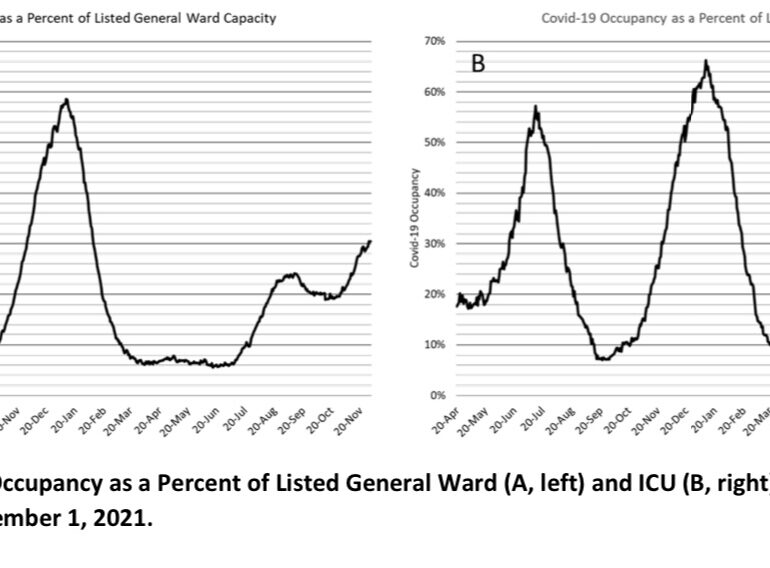Congress needs to approve funding legislation by Friday to protect two critical public health programs – the Women Infant and Children program (WIC) and food stamps (SNAP). This Friday (March 8) is the expiration date for the Agriculture Appropriation part of the budget – and without action this week, WIC & SNAP funding will expire this Friday.
Fortunately, ADHS says they have enough encumbered funds to cover a funding gap for WIC even if the funding bill doesn’t pass this week. I haven’t heard whether ADES has patch funding for SNAP – but I’m assuming that they do.
Public health DC insiders expect that it’ll be passed (in large part because WIC is associated with the larger USDA bill for farmers who have a powerful lobby).
The feed bill, called the Consolidated Appropriations Act includes funding for six of the 12 appropriation bills including WIC and SNAP. While the Bill includes full continued funding at last year’s level for the WIC & SNAP, funding for other HHS programs (NIH, CDC, HRSA, SAMHSA) ends March 22. Legislative text proposing funding for these programs has not been released.
Sadly, the appropriation bill doesn’t include badly needed administrative reforms to WIC that are included in the separate (and languishing) H.R.8450 – Healthy Meals, Healthy Kids Act like:
- Updating funding formulas to actually cover staffing and administrative costs;
- Modernizing WIC benefits to include online shopping (easier participation); and
- Evaluating effectiveness of telehealth for WIC visits (makes participation easier).
WIC in Jeopardy in AZ as Counties Consider Dropping the Program: Finances Making Running WIC Untenable
WIC is a federally funded program that supplies important nutritional services and support for eligible pregnant and postpartum individuals and their children until age 5. WIC uses nutritional education, breastfeeding support, nutrition help, and referrals to more services as mechanisms to improve the health of the low-income individuals it serves.
Family income needs to be below 185% of the federal poverty limit in order to qualify (slightly more generous than AZ’s Medicaid participation standard). WIC money goes to states who further manage the overall program. ADHS mostly distributes the money to the county health departments and federally qualified health centers to implement WIC programming.


